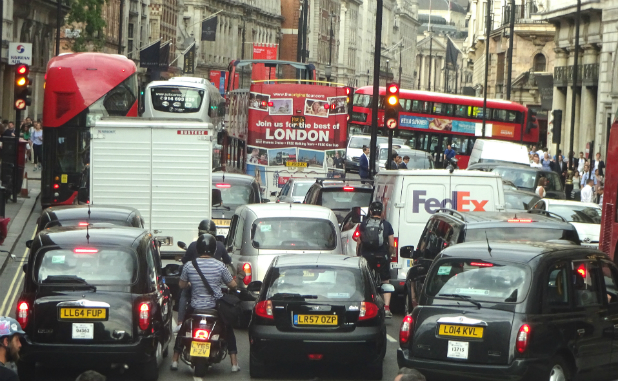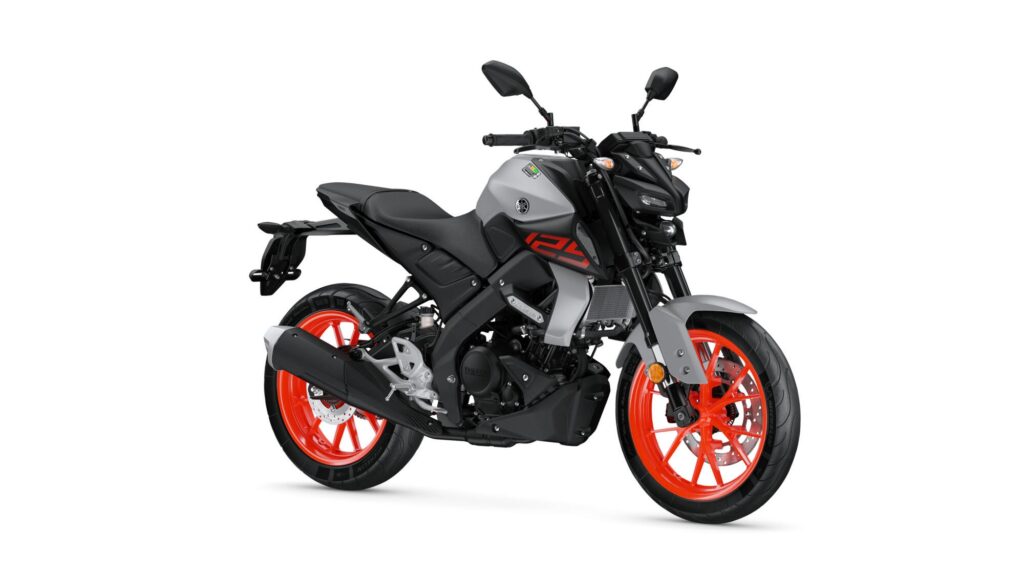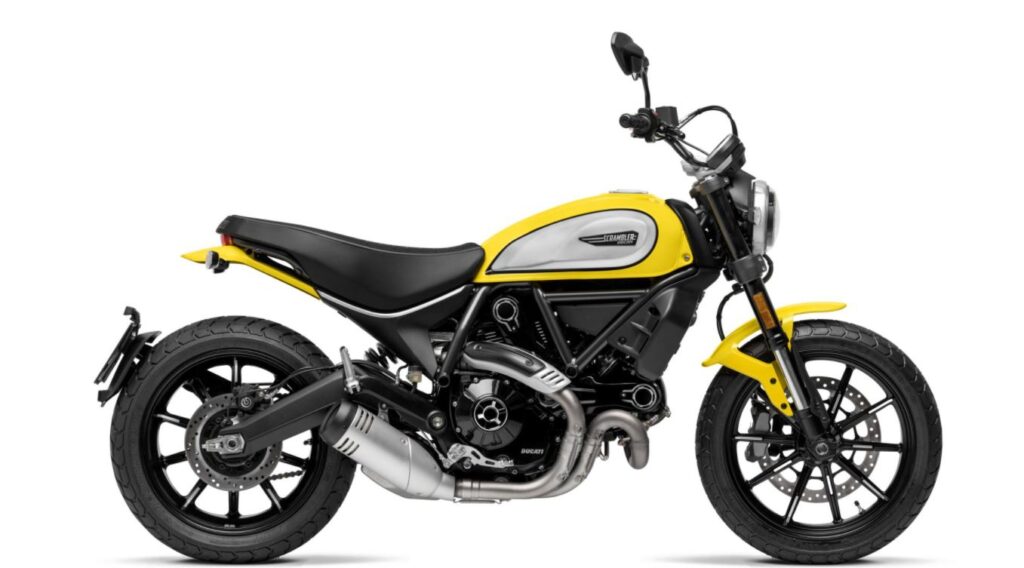
Electric motorcycles are likely the most significant innovation in the motorcycle industry in recent history. Technologies have improved, wheels and engines fine-tuned, but it’s been a long time since we’ve seen a significant overhaul to the core mechanics until now.
While the introduction of high-powered electric motorbikes and efficient mopeds aligns with plans to discontinue petrol and diesel cars in the future, not everyone is ready to give up their piston-firing engines.
With the number of people in the UK registering motorbikes for on-the-road use more than doubling between 2018 and 2019, we surveyed 673 motorbike enthusiasts to find out just who is ready to go electric, who’s not and why some people are still unsure if electric bikes are the future.
What we now know about electric motorbikes
- 46.7% of riders would like to own an electric motorbike or scooter/moped and a further 3.6% already own one
- 57.8% are excited by the prospect of instant torque/power from electric models
- 65.1% say that travel distance before recharging puts them off going electric
- 44% think that the sale of petrol-powered models should never be banned.
Talk the torque: the appeal of electric motorbikes
While the pursuit to own electric vehicles is relatively new, just over half (50.3%) of our survey respondents said they would either like to own an electric motorbike or moped or already have one in their garage.
By studying the data, it’s clear that age is an influential factor in favouring electric vehicles. 58% of under 25s said that they would be interested in owning an electric bike, with that percentage decreasing with each increasing age group. 41% of 55-64-year-olds show an interest, but just 32% of over 65s would want to own one.

Instant power
Electric motorcycles have an impressive power response, with instant 100% torque. You’ll experience rapid acceleration that’s unmatched by an everyday fuel-powered bike and – thanks to their linear power – without the surge or jolt.
84.9% of under 25s say the instant delivery of torque and power appeals, with the percentage remaining reasonably high at 52% for people aged 55-64.
The 2020 Zero SR/F is an incredible example of electric power, getting from 0-60mph in just 3.6 seconds.
“I test rode a Zero. It was the best motorcycle engine I’ve experienced in over 40 years of riding.” Survey respondent
Economical
While an electric motorcycle might require a high upfront cost, you could make incredible savings in the long run. Fully charging a long-range battery will cost you much less than the equivalent distance in fuel with petrol or diesel engines. An 18kw battery that could take you more than two hundred miles will cost just £2.79 on average. If a petrol engine’s average cost is 10p per mile, an electric bike costs nearly 80% less at just 2.1p on average.
43.7% already believe that electric motorcycles and scooters are more economical than their petrol counterparts.
Less maintenance
88.6% of our respondents say they prefer to conduct some or all of the maintenance on their bikes themselves, while 11.4% prefer a professional service. With fuel-powered vehicles, you have to worry about oil, spark plugs, air filters and timing belts — not so with electric. Most electric motorbikes have just a single moving part and some don’t even require a gearbox.
Low carbon footprint
Electric motorbikes won’t just benefit your wallet, but they’ll help the planet, too. By forgoing the petrol or diesel engine, you’ll reduce your carbon footprint and CO2 emissions, something important to 38.3% of all respondents. Interestingly, this benefit was much less desirable to older age groups, with only 25.3% of over 65s looking to lower their footprint and 33% of people aged 55-64.
29.3% of riders said they like the idea of a quieter ride to reduce noise pollution. Because electric motorbikes are quiet to operate, you can ride yours in the early hours without waking your neighbours.
Exceeding expectations
As battery-powered technology makes advances each year, the quality and variety of electric motorbikes and mopeds continue to improve.
Zero recently released their SR/S model, a fully-faired aerodynamic machine capable of producing 140ft-lb of torque and a top speed of 124mph. It’s undoubtedly their top-of-the-line model with a starting price of £19,590 here in the UK, with an additional 6KW add on battery for an extra £2,640.
More than 20% of our survey respondents said they’d be interested in an electric naked/streetfighter style bike – and that’s where the Energica Eva Ribelle comes in. With one of the furthest ranges on the market at just shy of 250 miles, its 159ft-lb of torque will quickly dispel any questions of power.
(Not) going the distance: barriers to choosing an electric bike
Despite the power and torque improvements and the economic and environmental benefits, 26% of our survey respondents say they have no interest in owning an electric bike or scooter. An additional 23% say they’re unsure if they would ever want one. But why?

Range and recharging
“I’d need to be able to ride for a couple of hours without range anxiety before buying an electric bike.” Survey respondent
If you’re the kind of rider that likes to travel further, then an electric moped or scooter used primarily for commuting purposes alongside your hobby bike could be the ideal fit. A classic-styled Super Soco CUX costs just £2,249 and has a forty-mile range on a single charge, costing less than 29p per journey, perfect for an around-the-town commuter. And, with a quick-charge time of three hours for a full battery, your bike will be ready to go before you’ve finished your meetings.
Affordability
As with all new tech, we’ll need to wait a while for prices to come down as electric motorcycles become more mainstream. For now, the cost is a crucial factor for a large number of electric sceptics. But it doesn’t need to be.
“The price for new and second-hand models is too expensive compared to their petrol counterparts.” Survey respondent
There’s a wide range of cost-effective and affordable electric motorbikes and mopeds on the market and the choice continues to expand. Like the CUX, the Super Soco TSX is a much cheaper alternative to other EV names like Zero. The TSX is modern in style, green in power and costs just £2,999, making it one of the cheapest and attractive EVs around.
Don’t forget that you’ll save money with electric, too. An electric bike’s operational costs are much lower, with less maintenance and cheaper power, resulting in long-term savings. And, by selecting to use specialist insurers, you could save money through a smarter and personalised policy. You can get a bespoke quote from us here.
Sentimentality
“I love the visceral feeling of my bike’s noise, vibration and the feeling of being connected to it. Don’t believe electric bikes offer that.” Survey respondent
When you’ve ridden petrol engines for so long, it can be hard to imagine electric recreating the same thrill. The sound of the pistons firing, the rumble of the engine beneath you, it’s an experience like no other. But, you might love electric more than you think.
While the rumble of the engine might fade, the power and responsiveness go up. The exhaust may disappear, but the body, design and stance stay the same. And, even though you have to charge it rather than fuel it, the ride could be just as exhilarating.
It’s about making the right choice for you. If you’re passionate about touring bikes, find an electric tourer. Had your eye on that Street Triple? Find an electric model that gives you the same feeling. Love the adrenaline rush of going off-road? Check out the many electric dirt bikes already on the market. And if you’re into classics, you could always look to retrofit an electric motor like one of our respondents did.
“I am currently in the process of converting an old Royal Enfield Bullet to run on electric power. I feel there could be a future in converting classic and older bikes as I, along with many others, do not like modern bike styling and I feel this can really put people off.” Survey respondent
Delaying the inevitable? The future of petrol motorbikes
Like all vehicles with petrol and diesel engines, motorcycles could look very different over the next few decades.
During our survey, we asked our respondents to let us know if and when they think electric motorcycles will become mainstream and if petrol engines on bikes and mopeds should be banned by 2030. 44% of respondents feel that petrol engines, specifically on bikes, should never be banned, yet the same number of people think they should be banned by 2030 or later.
And, despite a large number of people believing motorcycles should be exempt from the 2030 engine ban, nearly 80% of all respondents believe electric motorbikes and mopeds will be mainstream at some point in time (40.4% in the near future, 37.6% in the far future).

Much like our previous results, age profile is a key influencer again: 58% of under 25s are likely to adopt EV models and 53% of over 65s are the least likely to support an engine ban.
Retrofit vs retire
While retrofitting is a great way to preserve classic bikes and bring them into the future, many people are uncomfortable with the compromise. In fact, just 10% of our respondents say they’d find a vintage or classic model retrofitted with electric power desirable. But, without the right laws in place, it could mean the road retirement of thousands of old-school bikes.
Is a ban coming?
In February 2020, the government officially announced its plan to end the sale of petrol and diesel engines by 2030 and a ban on petrol and diesel engines on the roads by 2040. What does this mean for bikes? At the time of this study, there has been no further discussion about motorbikes. They are considered “out of the scope” of the current guidelines and are not included in the ban. But should they be?
According to Statista, new car registrations currently outnumber motorcycle registrations by around 23 to one, but motorcycle numbers are still considerable. While the average motorbike consumes less fuel and produces substantially fewer CO2 emissions, they’re disproportionately higher in hydrocarbon, nitrogen oxide and carbon monoxide emissions.
After the latest Euro 5 compliance released in January, dangerous emissions will continue to decline. And as technology advances, we may see more hybrid or even hydrogen-powered motorbikes and mopeds on the roads. But will it be enough to save them?
“The move to electric power is inevitable.” Survey respondent
Our findings: in summary
After reviewing all of our results, there’s no doubt that the majority of the motorcycle community believe electric bikes are the future, whether they support them or not. The findings indicate that while people appreciate the benefits of electric, petrol models hold a sentimental value and offer an experience that many don’t feel electric models can replicate.
The upfront cost of electric motorcycles is one of the main drawbacks for converting and while running costs are much less, the range electric motorbikes and mopeds offer is inadequate at the current time.
But, there’s also a great deal of love and support for electric. Several respondents have said they’d never return to petrol after riding on an EV. In contrast, others say they’re excited about the future and would like more options so they can purchase a desirable model.
What’s clear is that the motorbike community is passionate about their machines. Whether it’s the rumble of a Harley Fat Boy, the design of a Kawasaki Z H2, or the silent power of a Zero SR/S, there’s an electric bike or scooter for anyone who wants to make the switch.
Specialist insurance from Bikesure
Don’t pay over the odds. Get a competitive personalised quote for your electric moped insurance.





